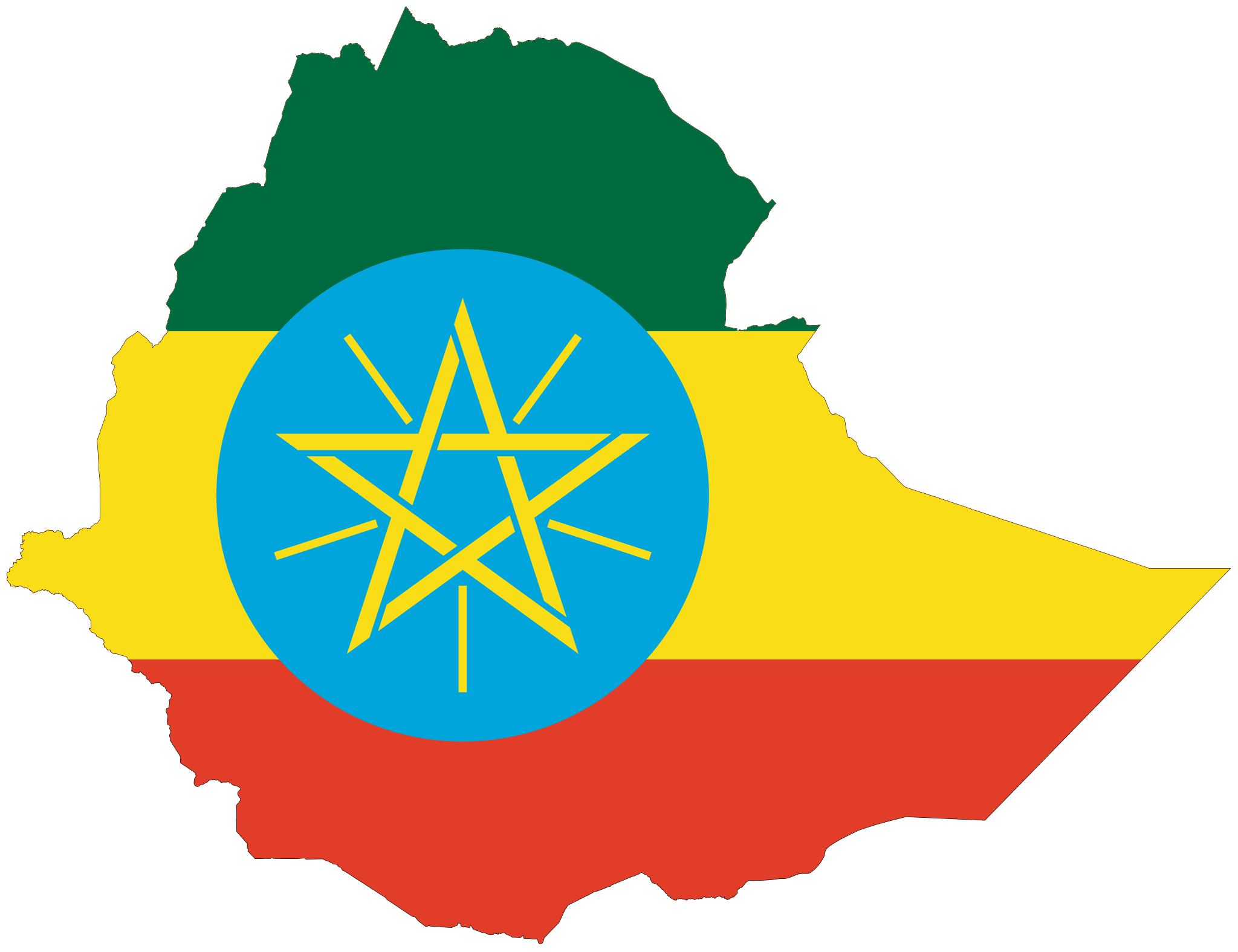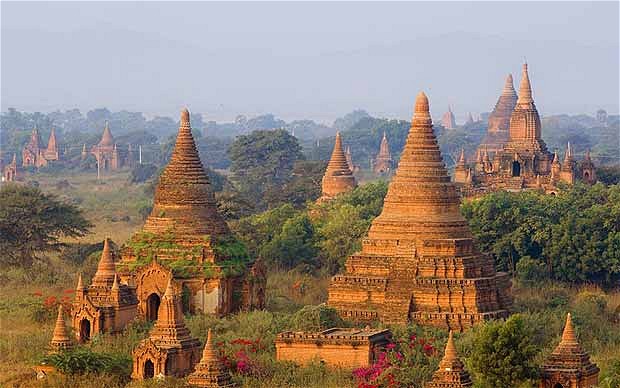Scrutinizing the two terms ‘development’ and ‘democracy’ in this second part will help determine whether or not the two are compatible.
Although defining democracy isn’t as easy as one might think, there are facets of the definition which stand out as key components of the term, the absence of which would make it very difficult to brand a country a democracy. These encompass human rights and the far-reaching category entitled ‘civil liberties’. As per their definitions, the terms human rights and civil liberties include freedom from torture, freedom of conscience, of religion and of speech, as well as the right to due process and liberal pluralism. Further aspects are more contested, and are vital to a democratic society according to some but not others; for example, one’s right to privacy.
Naturally the word ‘development’ entails economic affluence. This is abundantly clear in Ethiopia’s approach, with its status as an example for other developing countries resulting from its near-twofold increase in GDP per capita between January 2005 and January 2014. The net increase in GDP from 9.95 billion dollars to 46.87 billion over that period (with a yearly growth rate ranging around 10%) stands testament to the country’s economic progress, and is all the more impressive because it has been achieved without any oil revenue.
By definition, development suggests far more than economic progress. Tools such as the Human Development Index (HDI) have been thought up to measure the extent to which populations are at the heart of their governments’ policies. Furthermore they are used to emphasise that people should be the ultimate criteria for assessing the development of a country. As such it stands to reason that developed Western countries such as the United Kingdom, Canada and France have some of the highest indices in the world. A high HDI demands that a country’s population have high life expectancies, excellent access to education and a good standard of living. Ethiopia features very low on the index, ranking 173rd out of 187 countries. For an idea of how the scale works, consider that Canada, one of the highest ranked countries in the world, scores 0.902 out of 1.0; Ethiopia 0.435.
Nevertheless, Ethiopia’s commitment to reducing poverty and improving its standing as a lowly-ranked constituent of the HDI scale is respectable. Its efforts are widely recognised as strong and the nation’s improvement over the past few decades is undeniable. Comparing life expectancies of men and women in 1984 with 2013 reveals an increase from 45.7 years to 64.6 for women, and 42.8 to 61.4 for men. Even though this places Ethiopia as low as 161st out of 193 on a WHO-compiled list of life expectancies by country, the progress has been marked from a well-being and health point of view. Combined with the USAID’s findings regarding the number of emergency food aid beneficiaries outlined in the previous article, this data demonstrates that some aspects of a common interpretation of democracy (such as social welfare) can be fulfilled by a developing country. In turn, these findings partially disprove Mr Zenawi’s assertion that no link exists between democracy and development. The term ‘partially’ requires emphasis, for as we have seen, improvements on the social welfare front have not stopped Ethiopia from falling short in many other areas relating to democracy.
Practices such as persecuting political opponents and journalists are hardly the mark of a democracy. The same goes for wholesale tapping of citizens’ phones – although Ethiopia wouldn’t be the first country branded a democracy to do this. The list of shortcomings goes on, and for the most part they have very little, if anything, to do with economic development. Correcting wrongs such as the lack of real political pluralism, of due process, of freedom of speech and other civil liberties would go a long way to making Ethiopia a truer democracy without compromising the integrity of the country’s economic development.
However, failure to eradicate these systematic human rights violations will support claims that Ethiopia is more of a dictatorship than a democracy. Given that these human rights abuses either happen in the name of economic development or as a by-product of villagisation and similar programmes, the prospects of Ethiopia changing its ways any time soon are thin. This unfortunately holds even truer given that Ethiopia continues to be supported by the international aid community, which chooses to measure Ethiopia’s progress solely by economic means, and which sees the African nation as a developmental shining light in a landscape of poverty.



